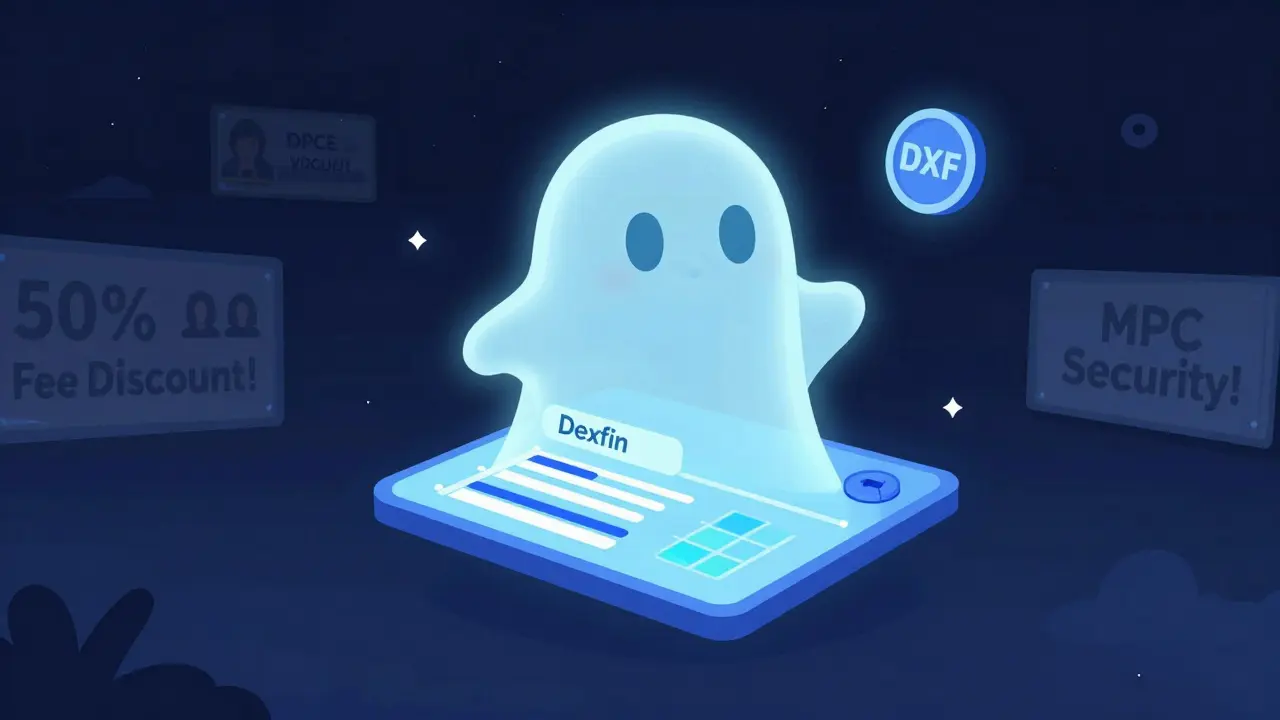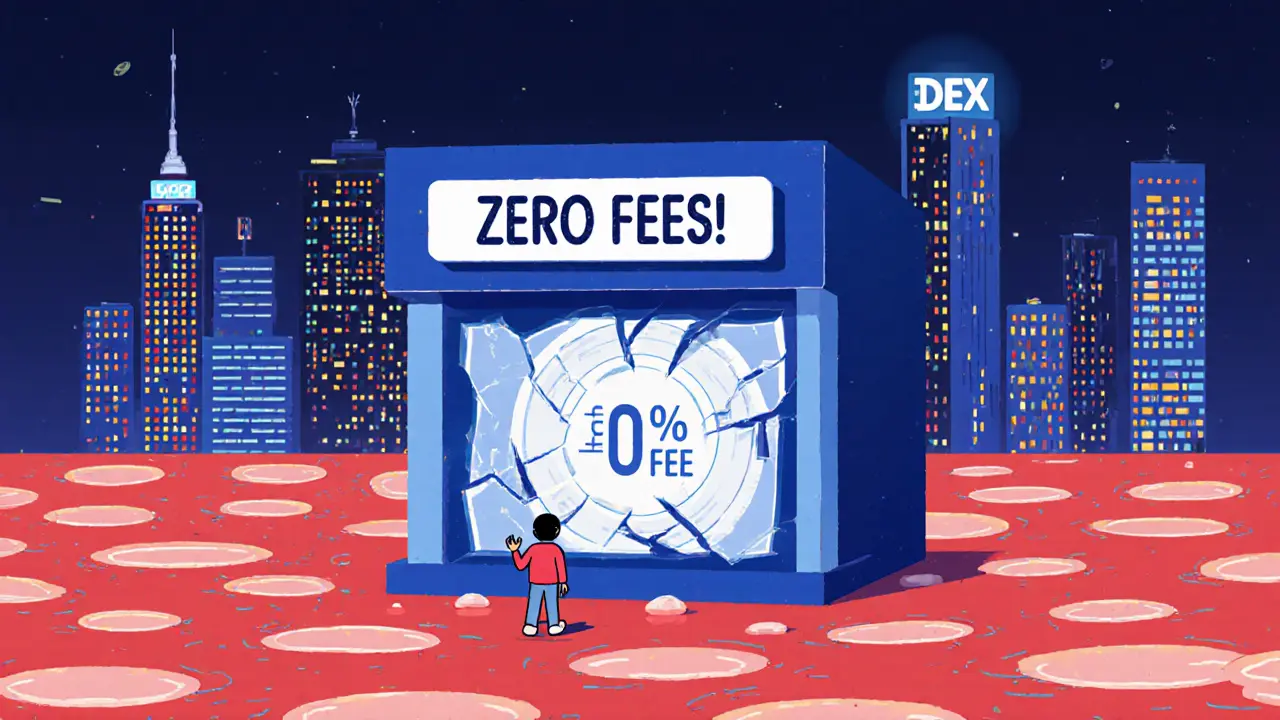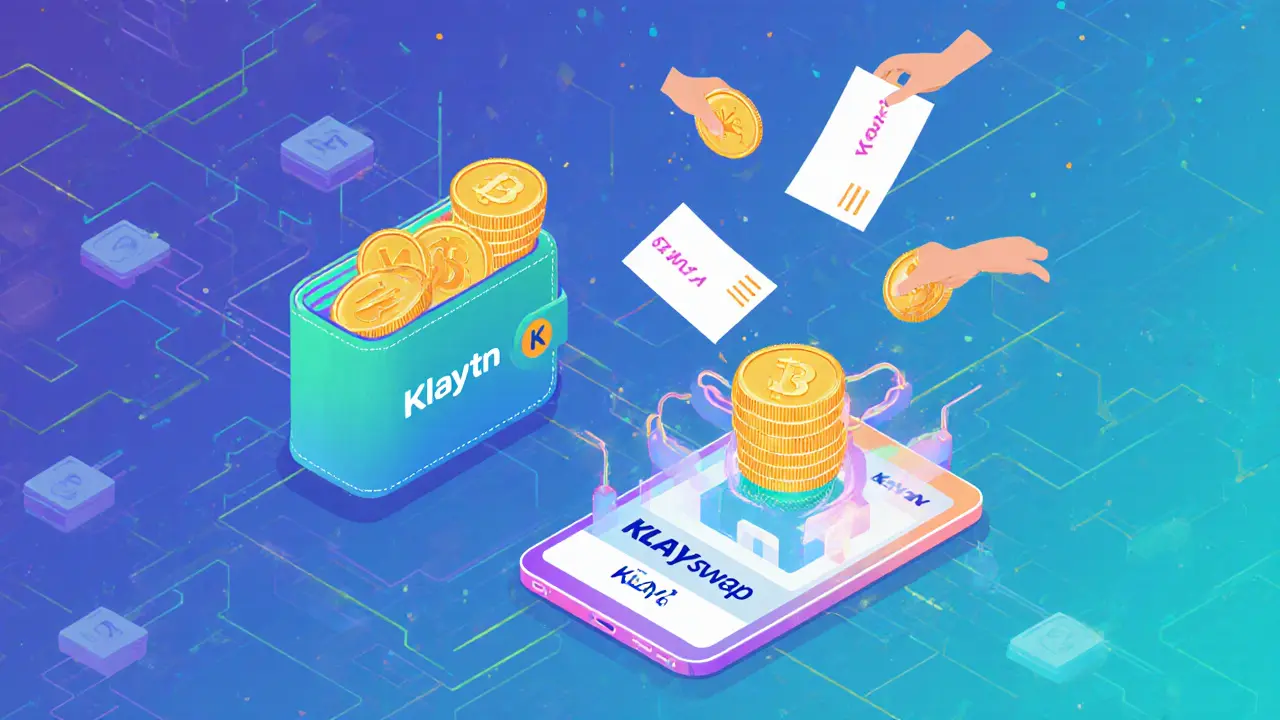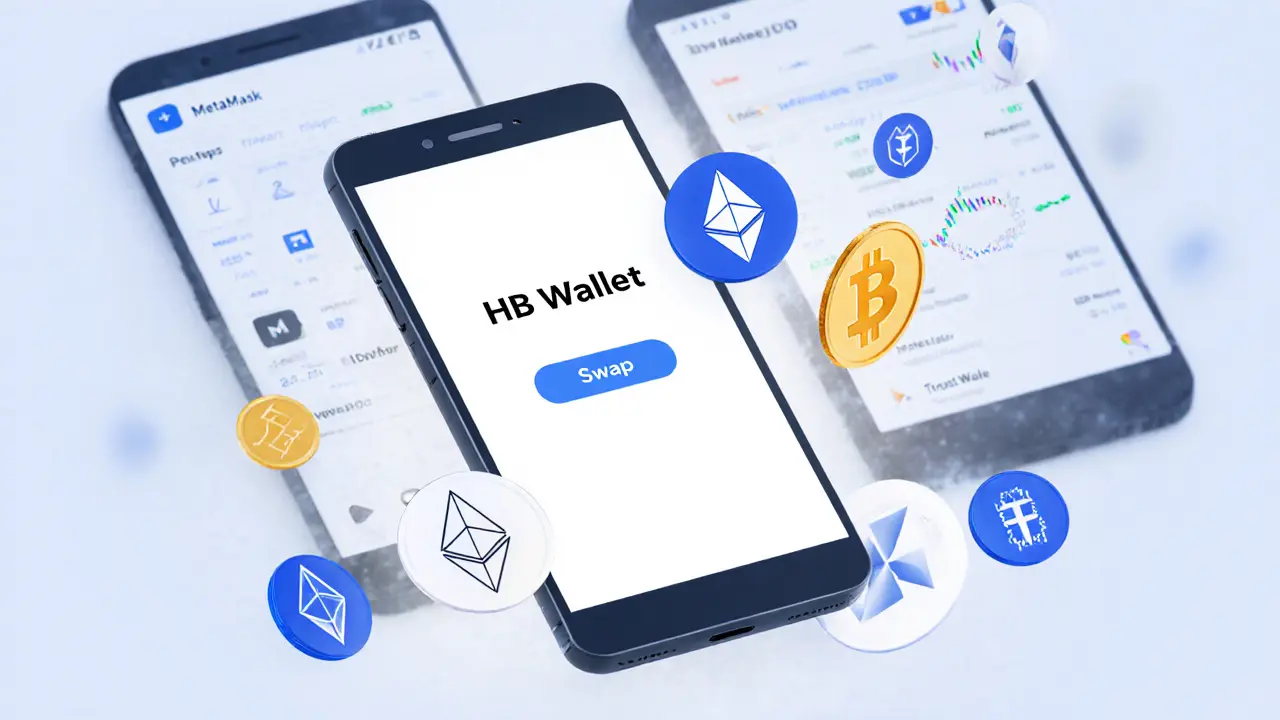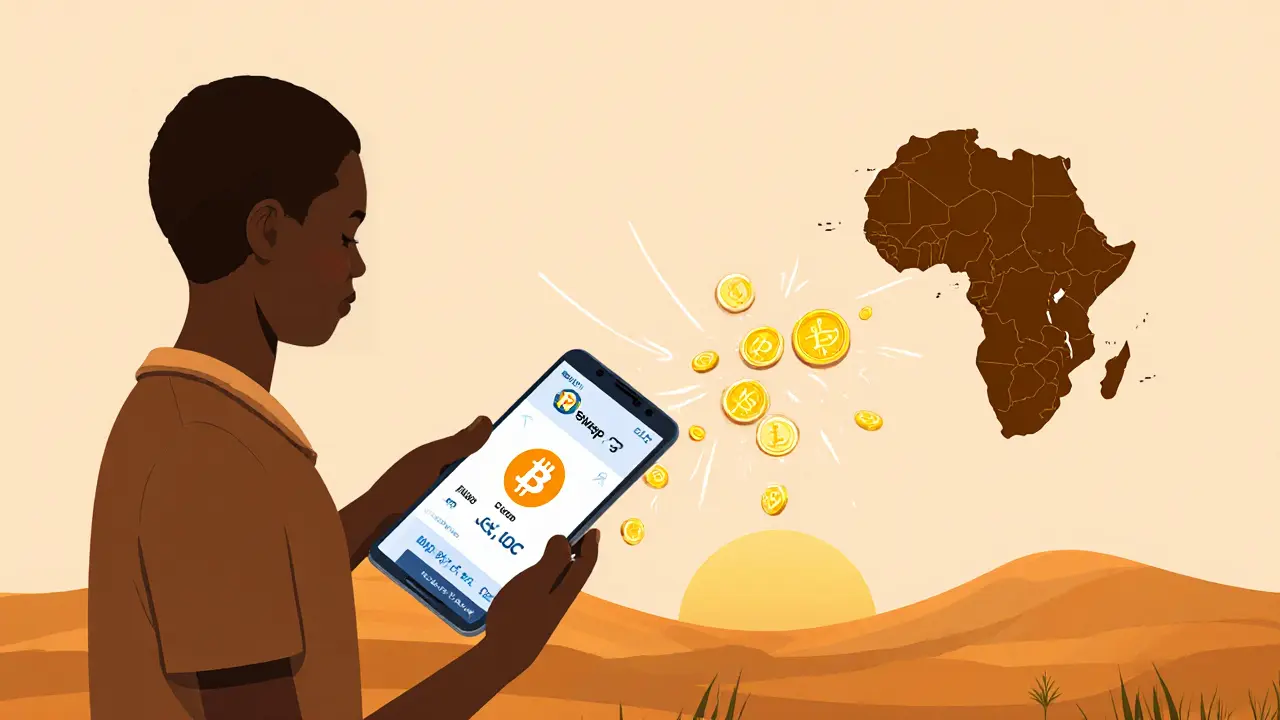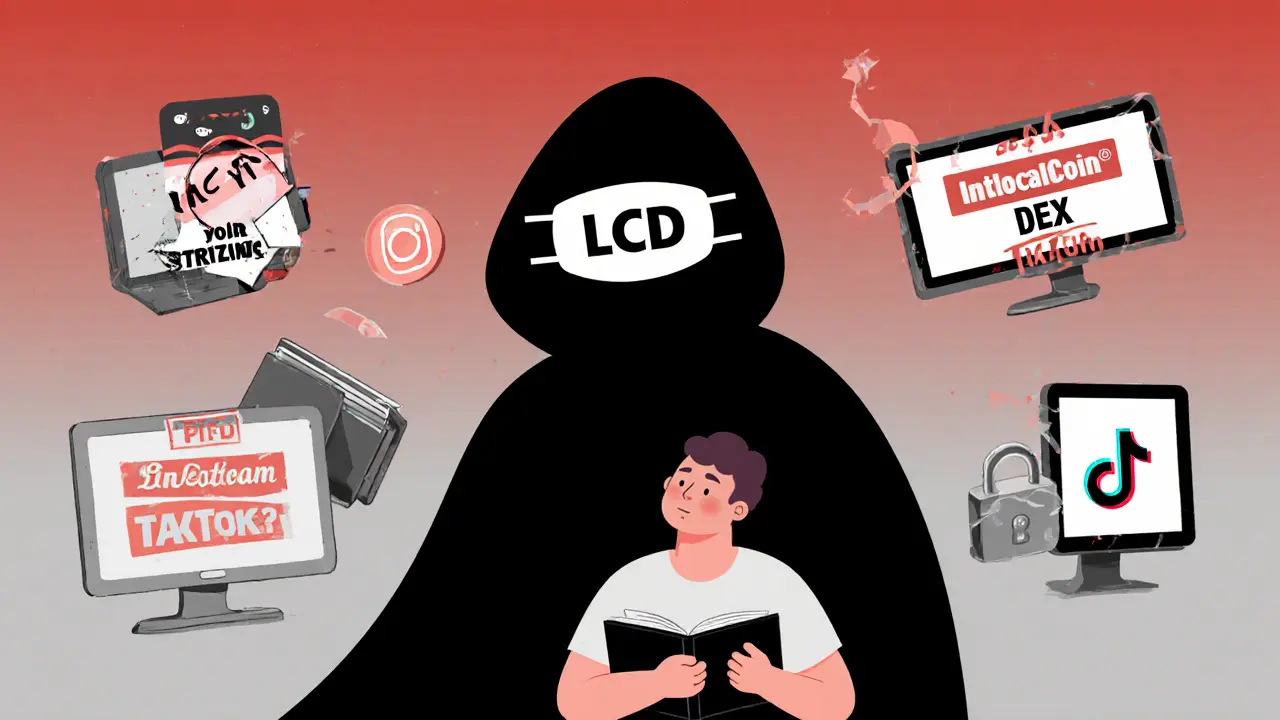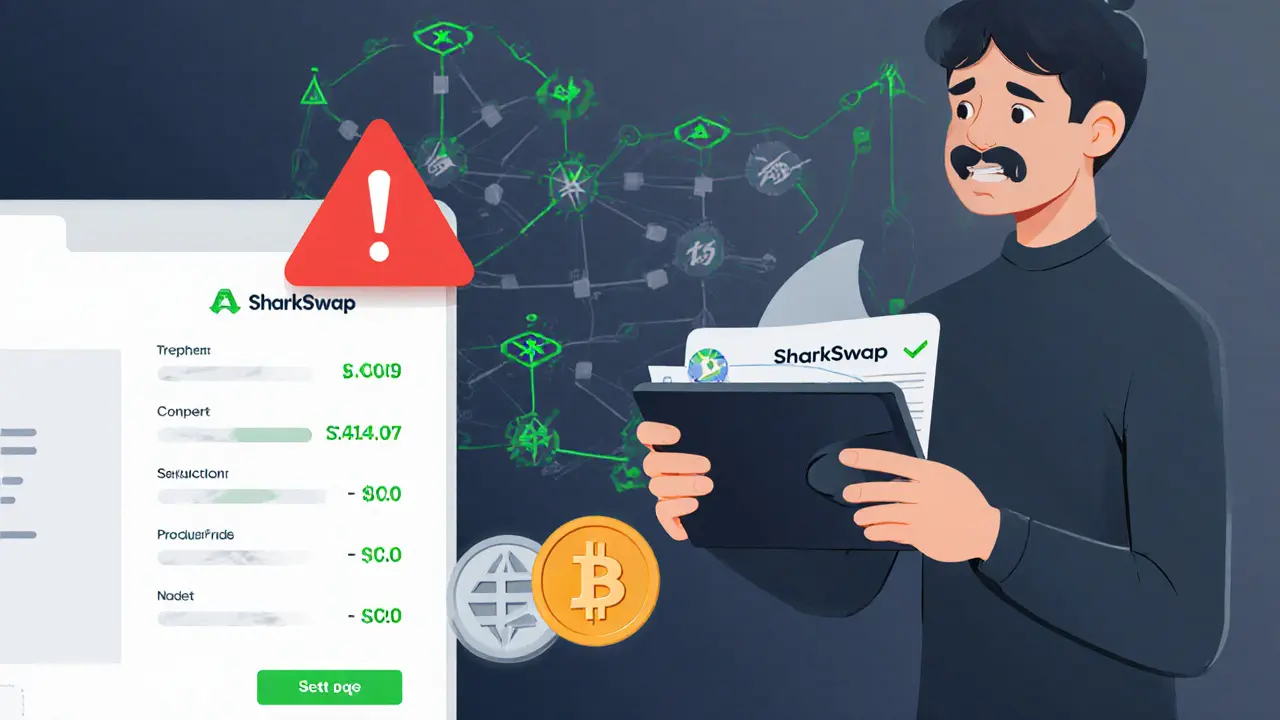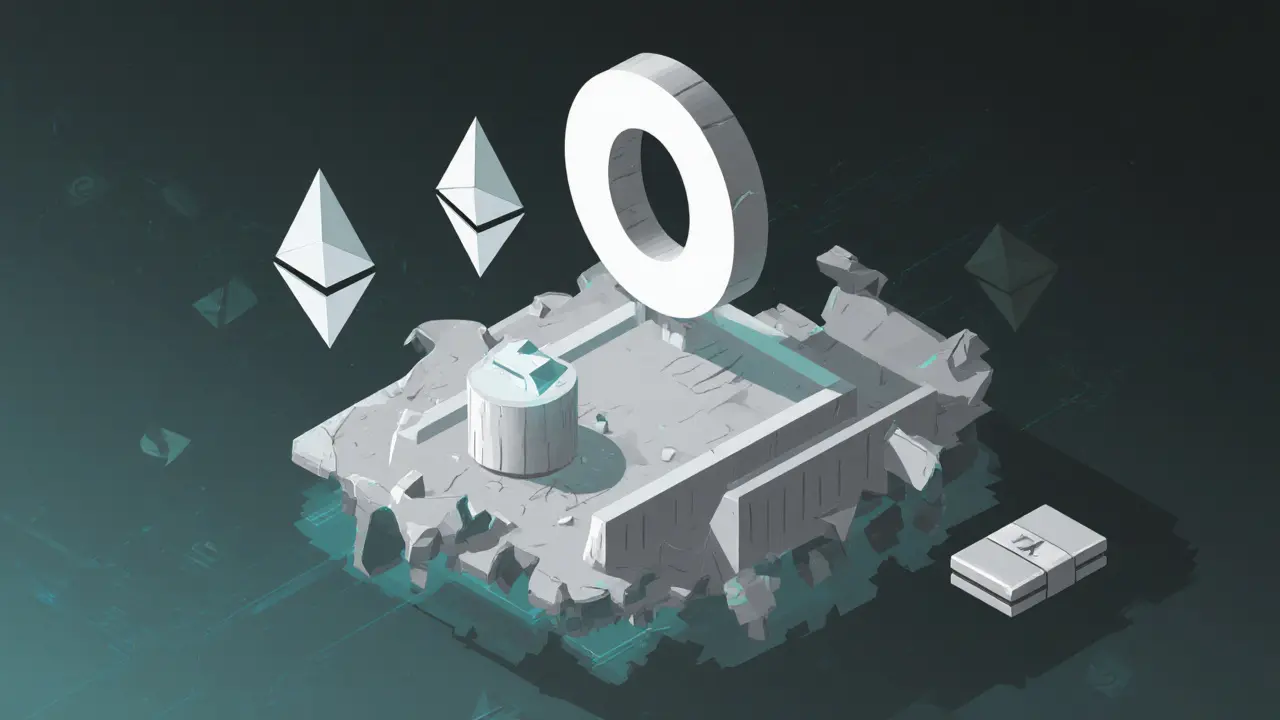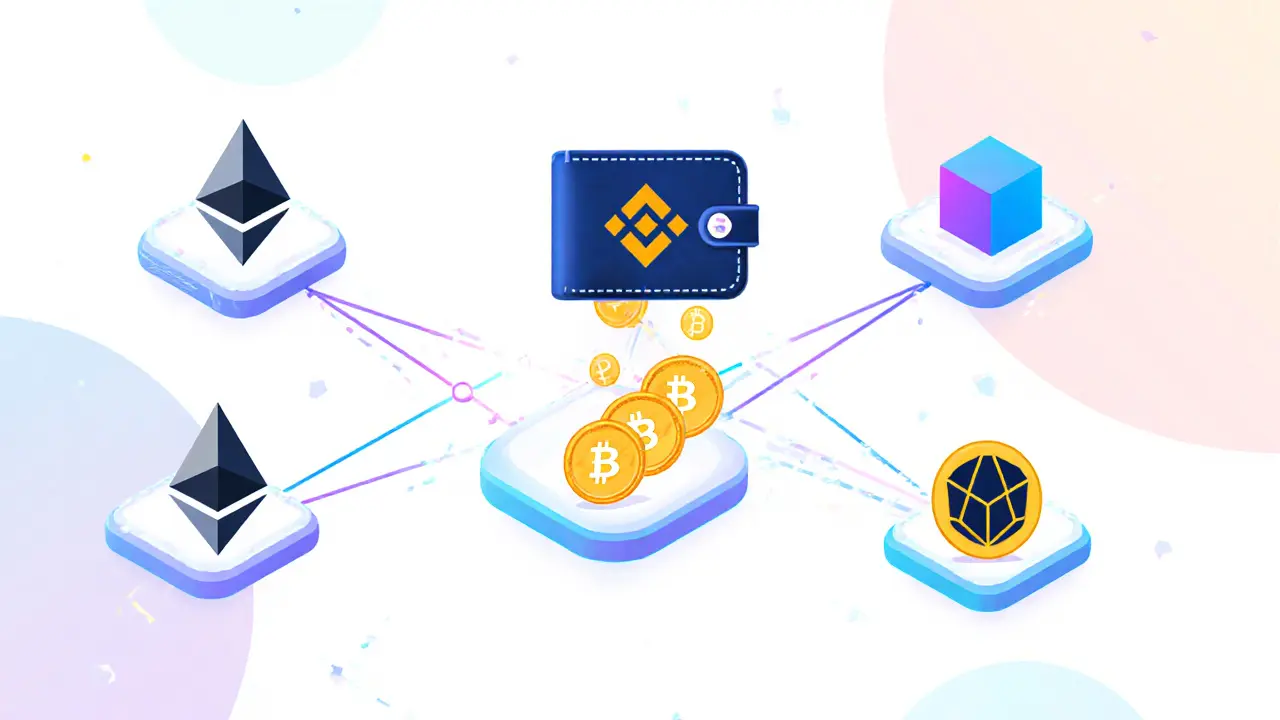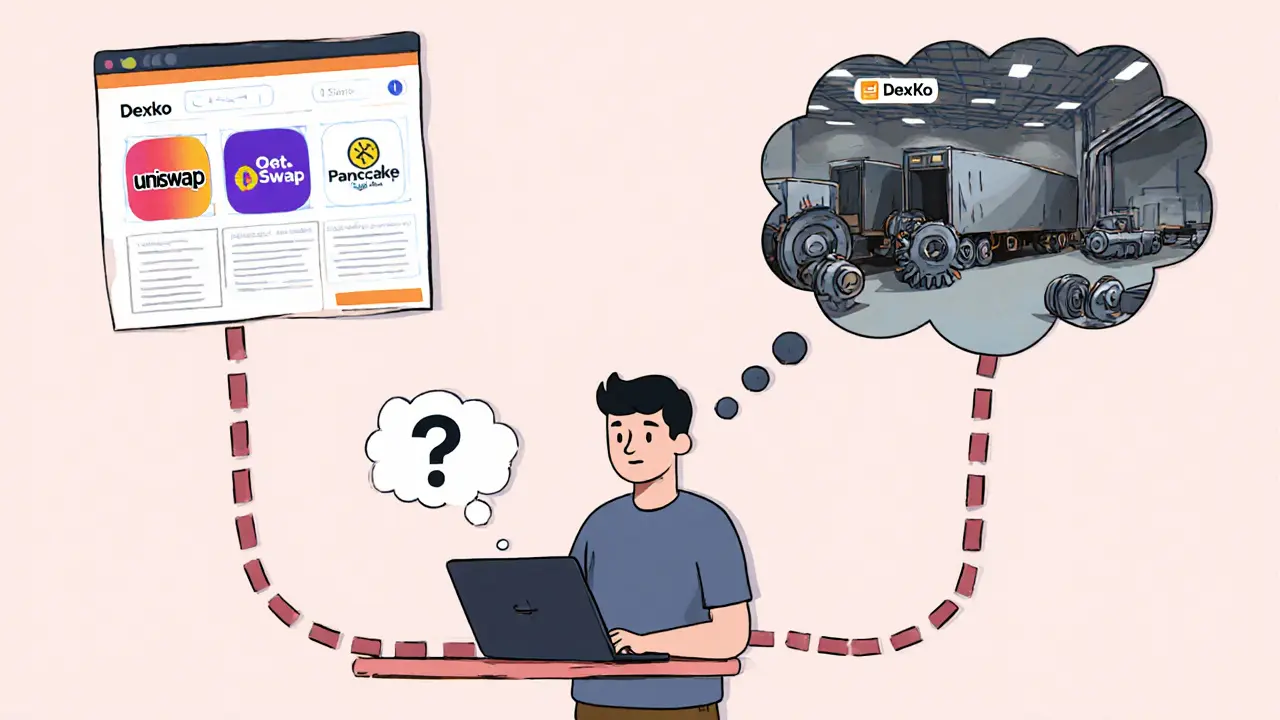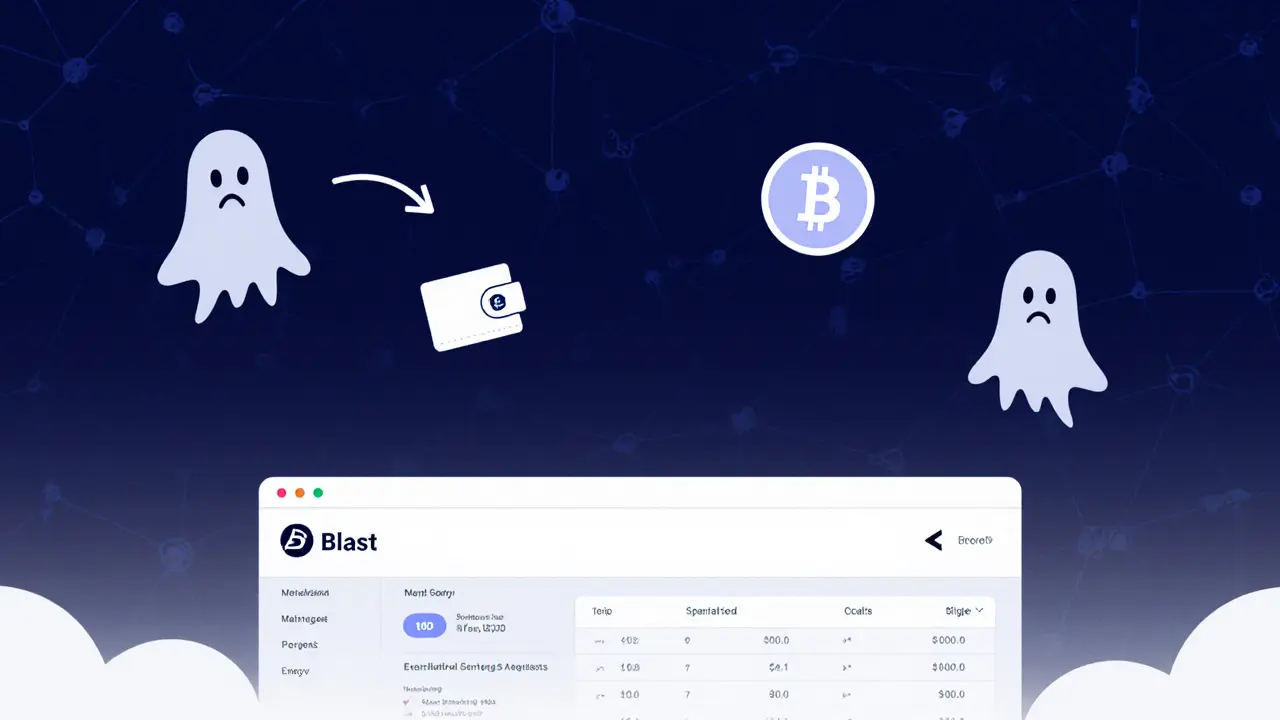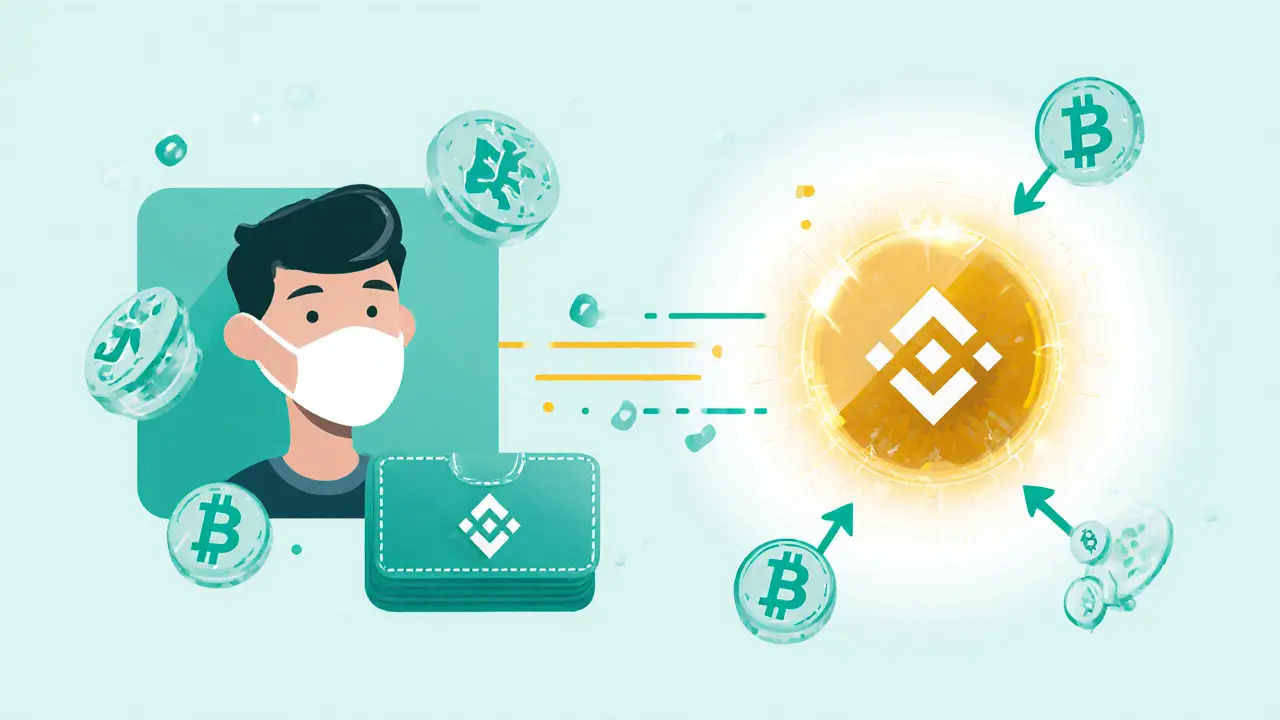Decentralized Exchange: What It Is, How It Works, and Which Ones Actually Matter
When you trade crypto on a decentralized exchange, a peer-to-peer platform that lets users swap digital assets without relying on a central company. Also known as a DEX, it runs on blockchain code, so your funds never leave your wallet. That’s the big difference from places like Coinbase or Binance — no deposit, no waiting, no third party holding your coins.
That safety comes with trade-offs. Most decentralized exchanges, like Wagmi on IOTA EVM or Puzzle Swap on Waves, only support a handful of tokens. They don’t let you buy crypto with a credit card. You need to already have crypto in your wallet, and you need to understand gas fees, slippage, and liquidity pools. Some DEXs, like the barely-used Wagmi (Kava), a trading platform with under $400 in daily volume and almost no users, aren’t worth touching. Others, like Puzzle Swap, a DEX aggregator built for the Waves blockchain, serve a narrow but real need for users already deep in that ecosystem.
Why do people still use them? Because you control your keys. No exchange gets hacked and steals your life savings. No KYC form asks for your passport. No shutdown leaves you stranded. But you also get zero customer support. If you send funds to the wrong address? Too bad. That’s the price of freedom. And that’s why most people stick to centralized exchanges for buying in — then move to DEXs for swapping tokens they already own.
What you’ll find in this collection are real reviews of DEXs that actually exist — not hype, not theory. We looked at trading volume, liquidity, user activity, and whether the platform still works in 2025. Some, like Wagmi on IOTA EVM, are niche tools for believers. Others, like Coinbit or HaloDeX, are ghost towns with no future. We also cover how wrapped assets like WBTC tie into DEXs, why liquidity matters more than low fees, and what happens when a DEX has no audits or public team. This isn’t a beginner’s guide to blockchain. It’s a practical filter for what’s real and what’s just code on a website pretending to be a trading platform.
Dexfin Crypto Exchange Review: Is This Hidden DEX Worth Your Money?
Dexfin claims to be a next-gen crypto exchange with hybrid tech, but it has no trading volume, no user base, and no transparency. Here's why you should avoid it in 2026 and what to use instead.
Details +Zeddex Exchange (BSC) Crypto Exchange Review: Zero Fees, No Liquidity, High Risk
Zeddex Exchange (BSC) claims zero fees but has almost no liquidity, no audits, and zero user trust. Learn why this obscure DEX is a high-risk platform with little chance of survival in 2026.
Details +What is KLAYswap Protocol (KSP) Crypto Coin? A Clear Guide to the Klaytn DEX Token
KLAYswap Protocol (KSP) is a governance token for a decentralized exchange on the Klaytn blockchain. It enables cross-chain swaps with Ethereum, rewards liquidity providers, and offers low fees - ideal for Klaytn users seeking autonomy in DeFi.
Details +HB DEX Crypto Exchange Review: Is It Worth Using in 2025?
HB DEX is a built-in trading feature in HB Wallet that lets you swap Ethereum tokens without leaving the app. But in 2025, its lack of liquidity, advanced features, and cross-chain support makes it outdated for serious traders.
Details +Uniswap v3 on Celo: A Practical Review of the Decentralized Exchange for Emerging Markets
Uniswap v3 on Celo is a low-cost, mobile-friendly decentralized exchange built for stablecoin trading and cross-border payments. Ideal for emerging markets, it offers fast swaps, minimal fees, and strong liquidity - but limited token options and no customer support.
Details +LocalCoin DEX Crypto Exchange Review: Why It Doesn't Exist and How to Avoid the Scam
LocalCoin DEX is not a real crypto exchange - it's a scam targeting new users. Learn how the fraud works, how to spot fake DEX sites, and which real platforms to use instead in 2025.
Details +SharkSwap Crypto Exchange Review: What You Need to Know in 2025
SharkSwap is a decentralized crypto exchange with no public team, audits, or trading volume. It's only mentioned in tax guides because it generates taxable events. Learn why most users should avoid it in 2025.
Details +AfroDex Crypto Exchange Review: A Dead DEX with Zero Trading Volume
AfroDex is a dead crypto exchange with zero trading volume and zero circulating supply of its AfroX token. Learn why this 2019 project failed completely and why you should avoid it.
Details +PolkaBridge Crypto Exchange Review: Is This Cross-Chain DEX Worth Your Time?
PolkaBridge is a cross-chain DEX with zero liquidity and collapsing prices. Despite its technical promise, the PBR token trades at $0.0001 with just $18 in daily volume. Don't invest - this exchange is dead.
Details +Dexko Crypto Exchange Review: Why It Doesn't Exist and What You Might Actually Be Looking For
Dexko is not a crypto exchange - it's a trailer parts manufacturer. Learn why people confuse it with DEX platforms, how scammers exploit this mix-up, and which real decentralized exchanges you should use instead.
Details +IceCreamSwap (Blast) Crypto Exchange Review: Is It Worth Using in 2025?
IceCreamSwap (Blast) shows $0 trading volume as of October 2025, making it unusable for real trades. Learn why it's abandoned, how it compares to thriving alternatives, and where to go instead.
Details +Nomiswap Crypto Exchange Review: 0% Fees, Referral Rewards, and What You Need to Know in 2025
Nomiswap is a decentralized exchange offering 0% trading fees through its NMX token cashback system. With a unique binary referral program and high APY farming, it's ideal for users seeking passive income on BSC - but limited token options and slippage risks require caution.
Details +